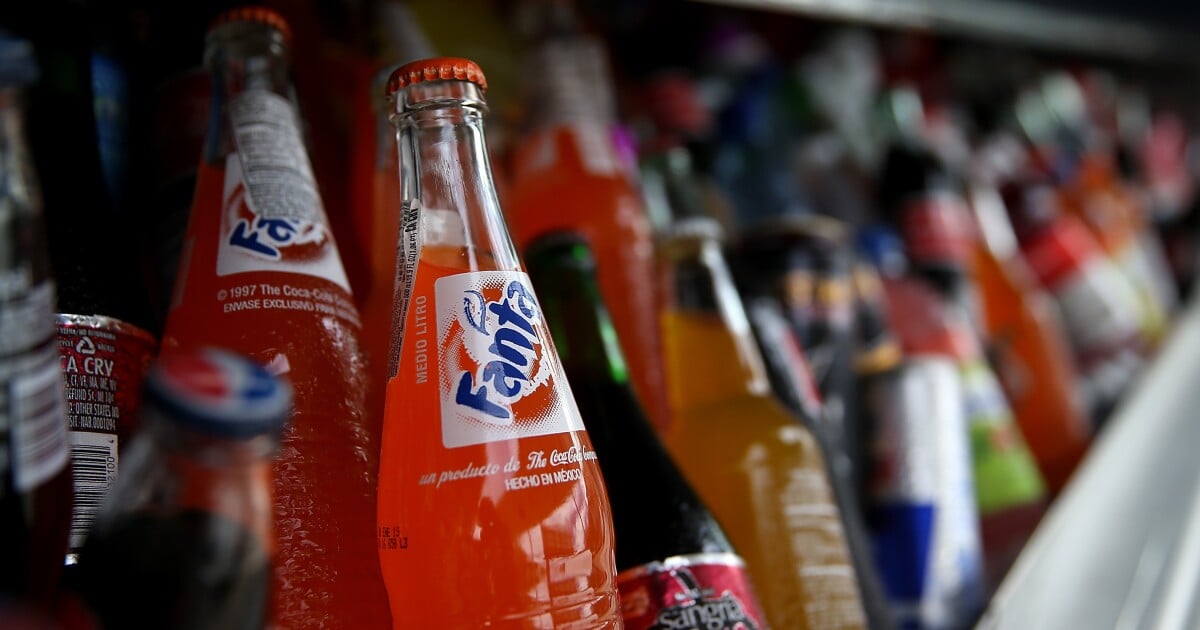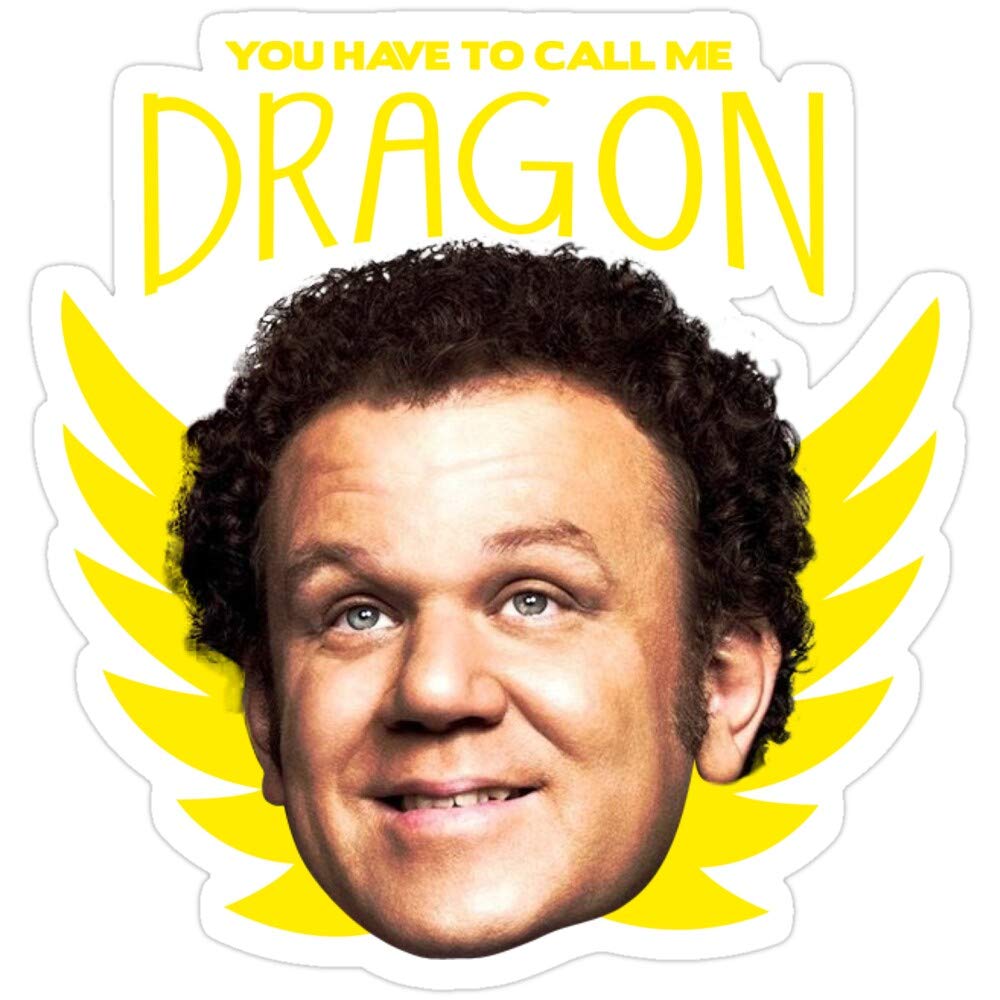Sales of sugary drinks fell dramatically across five U.S. cities, after they implemented taxes targeting those drinks – and those changes were sustained over time. That’s according to a study published Friday in the journal JAMA Health Forum.
Researchers say the findings provide more evidence that these controversial taxes really do work. A claim the beverage industry disputes.
The cities studied were: Philadelphia, Seattle, San Francisco and Oakland, Calif., and Boulder, Colo. Taxes ranged from 1 to 2 cents per ounce. For a 2-liter bottle of soda, that comes out to between 67 cents to $1.30 extra in taxes.
…
Kaplan and his colleagues found that, on average, prices for sugar-sweetened drinks went up by 33.1% and purchases went down by basically the same amount – 33%.
Soda is a real money maker too in fast food. That 32oz drink you are paying $2+ for only costs the restaurant 8-10c? And most of that is the cup.
I know gas stations are a 300% mark up on fountain pop. At least thats what it was back when i worked in one like 15 years ago.
Which is what the beverage companies were afraid of so here in Washington they spent millions lobbying and lying to get it banned from happening outside Seattle.
That ad campaign pissed me off so much. I was even more disappointed when the people here fell for it. I thought we were smarter than those damn companies, but no.
It was eye opening the first time we flew to Europe. The first convenience store sold few sodas, mostly different types of water. And the soda they did sell was more expensive.
We tried an orange soda. It was less sweet and tasted far better.
Orange soda is odd in Europe. In Europe depending on region has a varying percentage of real orange juice. In the US its 0% juice naturally
And then there is the Fanta origin story.
“Basic economics still works, more at 11”
Except when it conflicts with one of my beliefs, in which case economics is wrong and should feel bad, actually
So the 33% poorest people can no longer enjoy it. That tracks.
What about sales in cities near these? I doubt people will stop buying it just for the tax, I bet they are willing to go elsewhere to get it for cheap and just by in bulk.
In the first part, findings, it says this:
" In this cross-sectional study, SSB taxes in Boulder, Colorado; Philadelphia, Pennsylvania; Oakland, California; San Francisco, California; and Seattle, Washington, were associated with a 33.1% composite increase in SSB prices (92% pass-through of taxes to consumers) and a 33% reduction in purchase volume, without increasing cross-border purchases"
So there wasn’t an increase in sales volume in other areas (cross borders).
Nice, then good to know!
What I was thinking is people need to be aware of the serous health issues from drinking a lot of soda to ease down on it but I guess any steps that help reduce its consumption are great.
You’re really driving the next city over to get soda pop? Or are you more likely to just drink less and maybe pick some up if you remember?
I know a few people that drive 45+ minutes to get to a Wegmans because it’s an “experience”, so I wouldn’t put it out of reach for someone to go across town lines for soda (and other stuff) if you consume a lot of it.
People be wacky, but on the average most folk won’t do that.
Generally diet or “zero” versions of soda were tax exempt because they dont have sugar, so that’s most likely what people moved to. Still likely a net health win.
Most of the time when I buy pop it’s for convenience. I can’t remember the last time I went out of my way for it.
I encourage everyone who likes sugary soda to at least try flavoured sparkling water. Personally I have replaced nearly all my soda intake with it, and the fruit flavored ones are surprisingly sweet without any sugar or artificial sweetener, and I imagine are way healthier than even diet soda. If you find that you like it, getting a sparkling water machine like a Soda Stream is also more environmentally friendly and more cost effective if you drink a lot of it as well.
I like both but they definitely aren’t interchangeable for me.
When I want a seltzer that’s what I want and a coke is too sweet.
When I want a coke, the seltzer isn’t sweet enough.
That being said, one of the few healthy changes I made and stuck with was after making my most recent move 6 years ago, I just didn’t buy 2L bottles of soda to keep in stock in the fridge.
Didn’t boycott them, didn’t avoid them in restaurants or convenience stores, and I still keep a few baby cans as mixers in the bar at my apartment, but in that list of things you just get when you run low to keep a stock…I just kinda took soda off that list.
Found that I only really missed it a few times a year, and if I was really craving it, I could go get a little can from the bar…but just that one small change probably cut my soda consumption by like 85% and I barely miss it.
I’m more curious about how it affects the sale of other drinks and foods.
Do fast food sales drop because of the increased cost of their primary drink options? Do people turn to water as an alternative or do they fill the hole with another option like alcohol, tea, or coffee?
Soda at fast food is already triple the price though.
Sociatal health in the US would improve a lot if restaurants would drop the free refills.
yall have free refills? I’ve never seen that around here
“No sweets for the poor, fuck you.”
Thanks for deciding what’s good for me government, and not the cool way by making HFCS be replaced with real sugar at the manufacturer level, just the way that sucks for me. 'Preciate it.
What if I don’t want to be healthy? Why must the government punish me? If behavior is to be corrected by law, correct the companies not the people.
If one’s goals are say, maximize freedom and fairness/equality/equity for humans and minimize harm from sugary drinks, it makes more to ban the advertising of these unhealthy foods rather than make them more difficult to procure for those with less money.







